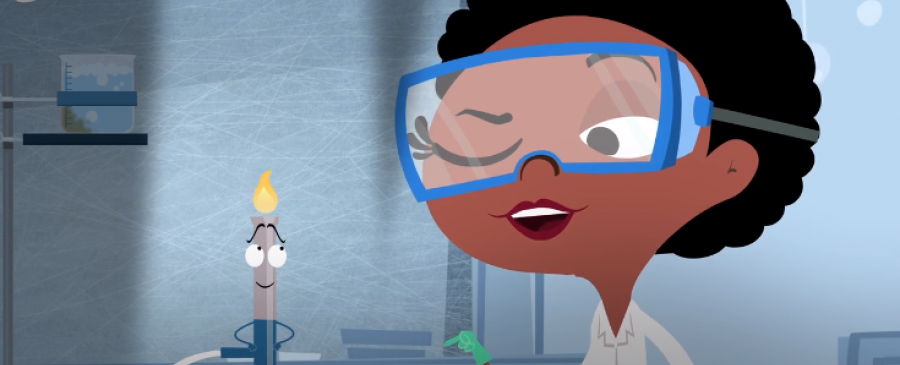According to scientists, you’re probably neither.

Many of us have asked ourselves this question at least once. The idea that people are either “left brained” (more concrete and analytical), or “right brained” (more abstract and creative), has been circulating in popular culture for decades. The lasting influence of this concept may be due to the natural human inclination to categorize everything —including the people around us.



